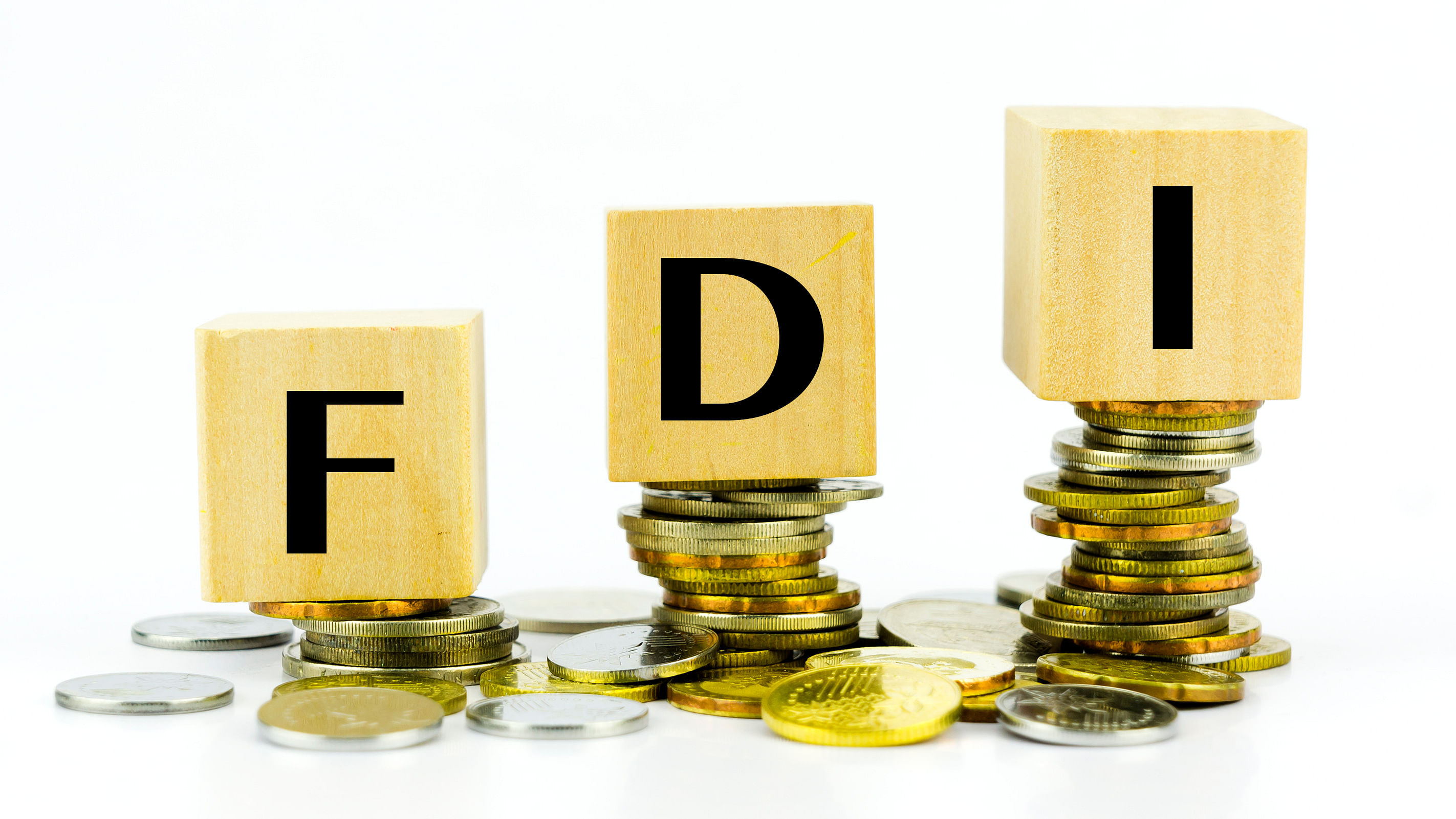
Foreign direct investment into the country is expected to rebound in the coming months on account of India's high economic growth, and steps to further improve the business environment of India, the Economic Survey said on Tuesday.
The rise in global uncertainty in the wake of the Russia-Ukraine conflict, FDI equity inflows in the manufacturing sector in the first half of the current fiscal (April-September) fell below its corresponding level in the first half of 2021-22, the document, which was tabled in Parliament, said.
The monetary tightening at the global level has further restricted the FDI equity inflows, the survey said.
"A rebound in FDI inflows is, however, expected as the Indian economy sustains its high growth while monetary tightening the world over eventually eases with the weakening of inflationary pressures," the survey said.
FDI equity inflows into India contracted by 14 per cent to $26.9 billion during the April-September this fiscal, according to the data of the Department for Promotion of Industry and Internal Trade (DPIIT).
Total FDI inflows, which include equity inflows, re-invested earnings and other capital, declined to $39 billion during the first six months of the current fiscal year as against $42.86 billion in the year-ago period.
The survey said that notwithstanding an overall drop in foreign investments in the first half of this fiscal, inflows have stayed above the pre-pandemic levels, due to structural reforms and measures taken by the government to improve the ease of doing business, making India one of the attractive FDI destinations in the world.
Also Read | 6.8% inflation not too high to deter private consumption, or weaken inducement to invest: Survey
"The government has implemented an investor-friendly FDI policy under which FDI up to 100 per cent is permitted through automatic route in most sectors," it said adding India continues to open up its sectors to global investors by raising the investment limits, removing regulatory barriers, developing infrastructure, and improving the business environment.
During the first half of this fiscal, Singapore emerged as the top investor. It was followed by Mauritius, the UAE, the USA, the Netherlands and Japan.
The computer software and hardware sector attracted the highest inflows during the first six months of this fiscal. It was followed by services, trading, chemicals, automobile and construction (infrastructure) activities.
The country has registered its highest-ever FDI inflows of $84.84 billion in 2021-22.
A decline in foreign investments could put pressure on the country’s balance of payments and may also impact the value of the rupee.